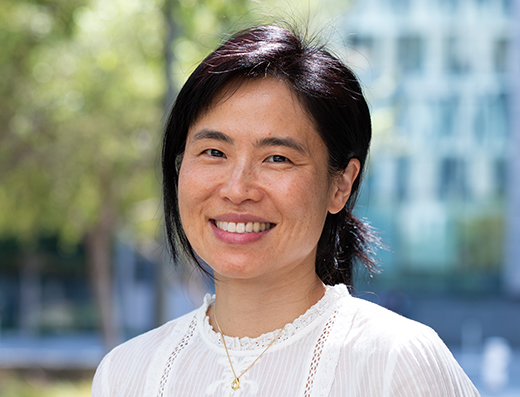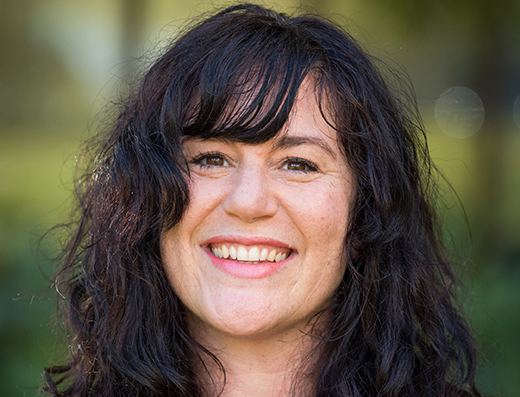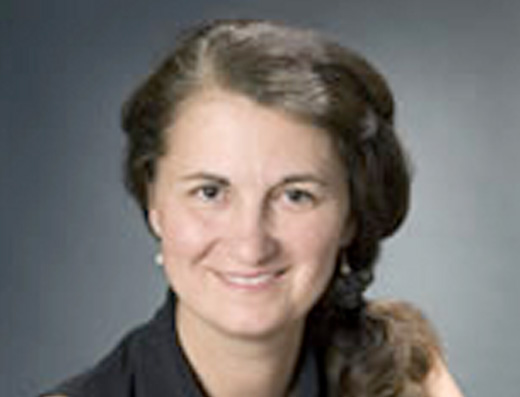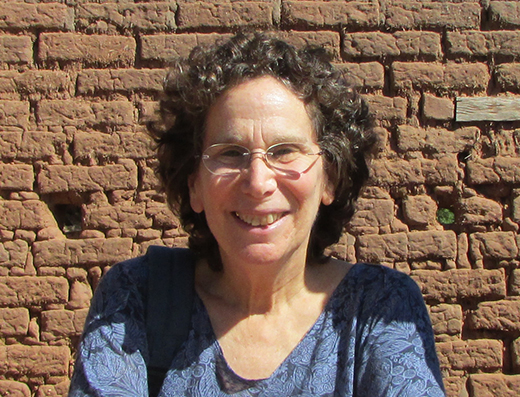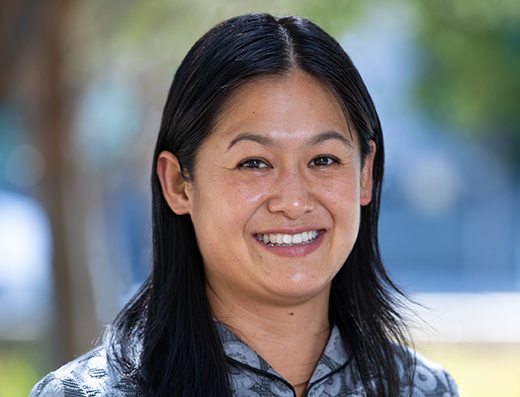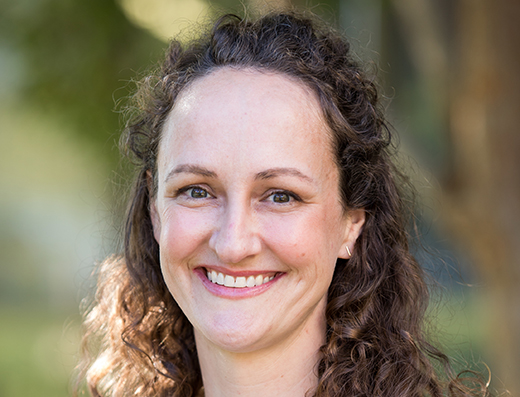The Center for Malaria and Vector-Borne Diseases (CMVBD) works to reduce the burden of malaria and vector-borne diseases through research, innovation, and training the next generation of scientists and public health leaders. CMVBD fosters the exchange of ideas and expertise and cultivates new transdisciplinary partnerships and projects among San Francisco Bay Area malaria and vector-borne disease researchers, public health leaders, and their global partners. Diseases of interest include malaria, dengue, Chagas, visceral leishmaniasis, onchocerciasis, and schistosomiasis.
Center-affiliated Groups
Malaria Elimination Initiative
The Malaria Elimination Initiative (MEI) in the UCSF Institute for Global Health Sciences generates evidence to guide malaria policy and practice through clinical trials and operational research, develops new tools and approaches for malaria elimination including its Malaria Elimination Toolkit, leads global and regional consensus-building efforts, establishes regional collaborative malaria platforms, advocates for long-term, sustainable funding and political support for malaria elimination, and influences global policy through leadership on the Lancet Commission on malaria eradication, among other efforts. Focus areas include malaria diagnostics, drugs for treatment and prevention, vector control and surveillance, molecular and epidemiological surveillance, and chronic malaria. The MEI is also working on other vector-borne diseases, including onchocerciasis.
Division of HIV, Infectious Diseases, and Global Medicine
The Division of HIV, Infectious Diseases, and Global Medicine in the UCSF Department of Medicine leads efforts to eliminate malaria, among other diseases, through clinical trials of antimalarial treatment and prevention, laboratory studies of antimalarial drug susceptibility, translational studies of genomic and other factors impacting drug resistance, evaluation of antimalarial pharmacokinetics and pharmacodynamics, characterization of mechanisms of action of novel antimalarial agents, and public health surveillance. The Division also hosts the Experimental and Population-based Pathogen Investigation Center (EPPIcenter) Research Program that advances understanding of infectious diseases through a systems epidemiology approach by integrating state-of-the-art data collection, molecular technologies, and computational analysis. The EPPIcenter is also co-leading a global network on malaria genomic epidemiology.
Drug Research Unit
The Drug Research Unit in the UCSF Department of Clinical Pharmacy provides scientific leadership and laboratory resources for research on pharmacokinetics and pharmacodynamics of novel antimalarial compounds and drug-drug interaction studies for malaria, HIV, and TB, among other research services.
Feeney Lab
The Feeney Lab in the UCSF Division of Experimental Medicine works to understand the human immune response to malaria and harness this knowledge to improve vaccines, prevention strategies, and immunomodulatory therapies.
Gaw Lab
The Gaw Lab in the UCSF Division of Obstetrics, Gynecology & Reproductive Sciences conducts research on malaria in pregnancy, leveraging molecular approaches to understand complex interactions between malaria and maternal-fetal physiology to optimize treatments to prevent malaria in pregnancy and its associated complications. The Gaw Lab also studies maternal-fetal immunology and placental responses to other infections in pregnancy, including Zika virus and COVID-19.
Renso Lab
The Renslo Lab in the UCSF Department of Pharmaceutical Chemistry seeks to identify antimalarial drug candidates and explore innovative new therapeutic approaches in malaria. Beyond malaria, the lab has developed in vivo active drug leads for viral and bacterial disease.
Highlights
- Lancet Commission on malaria eradication
- MEI toolkit
- PlasmoGenEpi online course
- How a Malaria-Fighting Breakthrough Provides Lasting Protection
- East Africa ICEMR: Program for Resistance, Immunology, Surveillance, and Modeling of Malaria in Uganda (PRISM)
- Identifying a next-generation antimalarial trioxolane in a landscape of artemisinin partial resistance
- Chagas disease in immunocompromised patients
- Effect of mass drug administration on malaria incidence in southeast Senegal during 2020–22: a two-arm, open-label, cluster-randomised controlled trial
Join the Center for Malaria and Vector-Borne Diseases Listserv
Partners
- Asia Pacific Malaria Leaders Alliance
- CARE-India (visceral leishmaniasis)
- Elimination 8
- Ifakara Health Institute
- Infectious Disease Research Collaboration
- International Centre of Insect Physiology and Ecology
- Liverpool School of Tropical Medicine
- London School of Hygiene and Tropical Medicine
- Makarere University College of Health Sciences
- Manica Health Research Centre (CISM)
- National Institute for Communicable Diseases South Africa
- Piramal Foundation
- Radboud Institute for Health Sciences
- Stanford University
- Tatara Therapeutics
- UC Berkeley, UC Davis and Lawrence Livermore National Labs (COVID-19 wastewater surveillance)
- Universidad Peruana Cayetano Heredia
- University of California, San Francisco Clinical Laboratory Medicine
- University of Nevada Las Vegas and Baylor School of Medicine (Chagas disease)
- University of Thies

